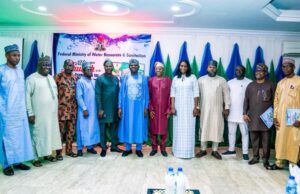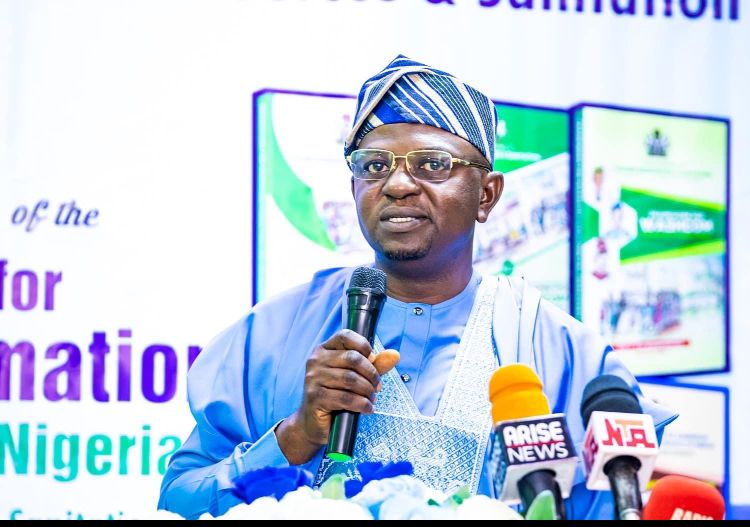The Honourable Minister of Water Resources and Sanitation, Engr. Prof. Joseph Terlumun Utsev, has launched a new framework for Water, Sanitation, and Hygiene Committee (WASHCOM) formation and management in Nigeria. This event marks a significant milestone in Nigeria’s WASH sector, particularly in rural and semi-urban areas.

In his address at the launch event in Abuja, the Minister emphasized the importance of WASH services in promoting human health and well-being. He noted that access to safe drinking water, adequate sanitation facilities, and proper hygiene practices are fundamental human rights, as enshrined in the Sustainable Development Goals (SDGs) 6.1 & 6.2.
The WASHCOM framework addresses critical issues affecting progress in the sector, including governance models and the functionality of WASH systems. The Minister called for the institutionalization of WASHCOMs at the community level to foster greater community participation, accountability, and ownership of WASH facilities. The framework aims to instill a culture of WASH sustainability and drive positive change at the grassroots level. The Minister urged stakeholders, including Government Agencies, Development Partners, Civil Society Organizations, and local communities, to commit to the implementation and utilization of this framework through continuous sensitization, advocacy, and follow-up.
The launch event was attended by General Managers of State RUWASSAs and other stakeholders. The Permanent Secretary, Alhaji Shehu Aliyu Shinkafi, represented by Director Water Supply, Engr.Dr. Nicholas Dumebi Madu, highlighted the crucial importance of Water, Sanitation, and Hygiene (WASH) for human well-being and economic development.

He called for the active involvement of all stakeholders in maintenance and sustainability efforts. The launch of the WASHCOM framework is a significant step forward in Nigeria’s collective efforts to ensure sustainable access to WASH facilities. It highlights the need for targeted interventions, community participation, and greater accountability to bridge the gaps in disparities between urban and rural areas. The Minister’s call to action is a reminder that the journey towards WASH sustainability is a collective responsibility that requires the active involvement of all stakeholders.






